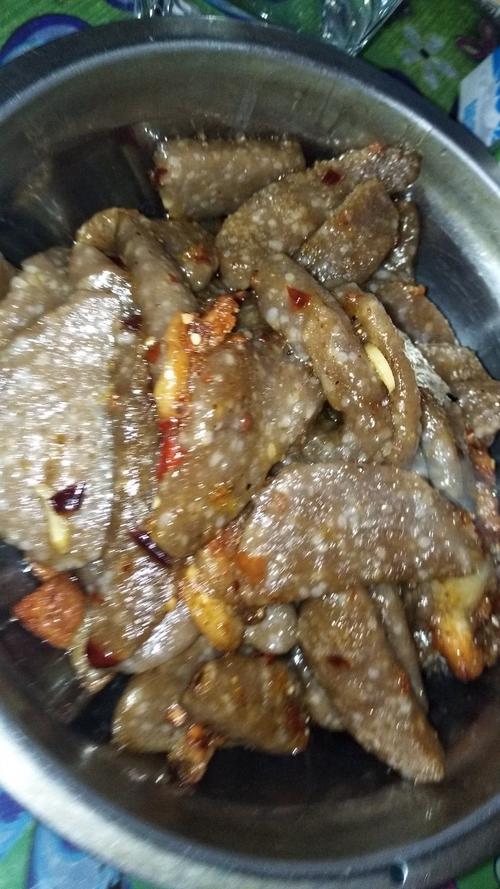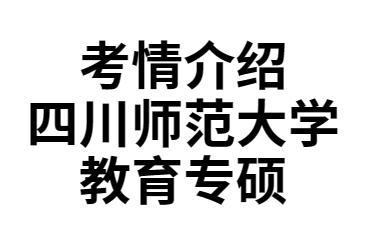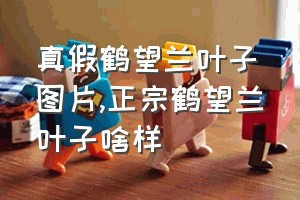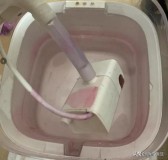
in和inside都表示静态,当一句话中有并列时,前面若用outside,后面就应该用inside.
一般讲in表示在某个空间内,而inside还有掩盖、受保护的意思.
inside是一个语气非常强的介词,它常用来强调某人或某事所在地含有某种特殊情况,比如:
Inside the refuge we'll be safe from the war or natural disasters.
在避难所里面,我们能避免受到战争和自然灾害的伤害.
在上句中,可能说话人想到的是避难所这个应急的安全躲藏地,或至少避难所是一个相对安全的地方.当然,某人也可以把一个普通的地方或是场所说成是一个有安全保障的地方,比如:
He hided himself in a little stable wooden box.
他把自己藏在一个小的坚固的木箱子里。
有时说话人想强调的是某个地方的空间非常狭窄,比如:
It is stinky and dirty inside the washing room.
inside也可用于与外面的事情(something outside) 作对比:
It was quite noisy outside the house but when we were inside,we could even hear heartbeat.
Ⅱ)除需要特别强调以外,通常都用in.例如,
用于建筑物或建筑物内的房间:in the house,in the hospital;
用于有围栏或围墙的地方:in the garden,in the courtyard,in the park;
用于交通工具:in the train,in the car,in the bus;
用于江河湖海:in the sea,in the river,in the water.
还可用于饮料,如:There's a fly in my lemonade.
Ⅲ)尽管人们在There may be beetles in the lawn 或in the carpet中用in,但是在One sits on the lawn或on the carpet中却要用on.
当谈到服装时,用in和用inside在句子意思上就出现了有趣的区别.通常用in.













